*This post was previously live on my other site TheWingedFork.com
My family always talks about how our great-grandfather Joseph Frank Rebello was the secretary to Kaka Baptista, the great freedom fighter. So it was necessary to visit the museum dedicated to him in Manori, Kaka Baptista East Indian Museum.
How to get to the East Indian Museum in Manori?
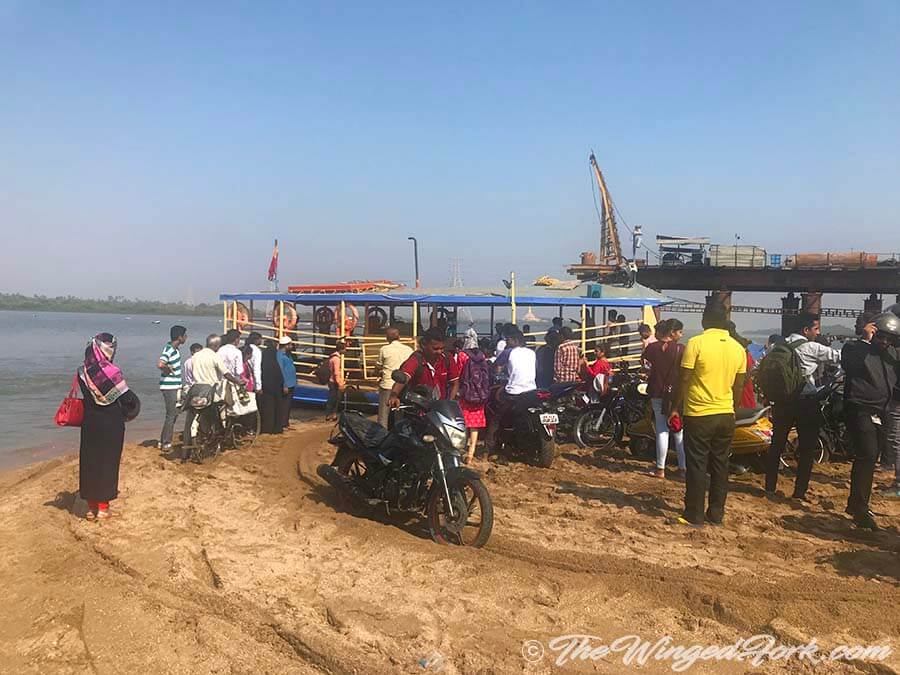
The East Indian Museum is in Manori. So we need to cross the Marve Creek by ferry to get to Manori Jetty. (Marve Creek is also called Manori Creek or Malad Creek.) It’s 10 am and there’s a boatload of people already coming off it from the other side to get to work. And there’s another load of us waiting to go to Manori – to work, to picnic, and some to get back home.
The boat ticket across the creek is INR 15 per person. Really cheap for a boat ride.
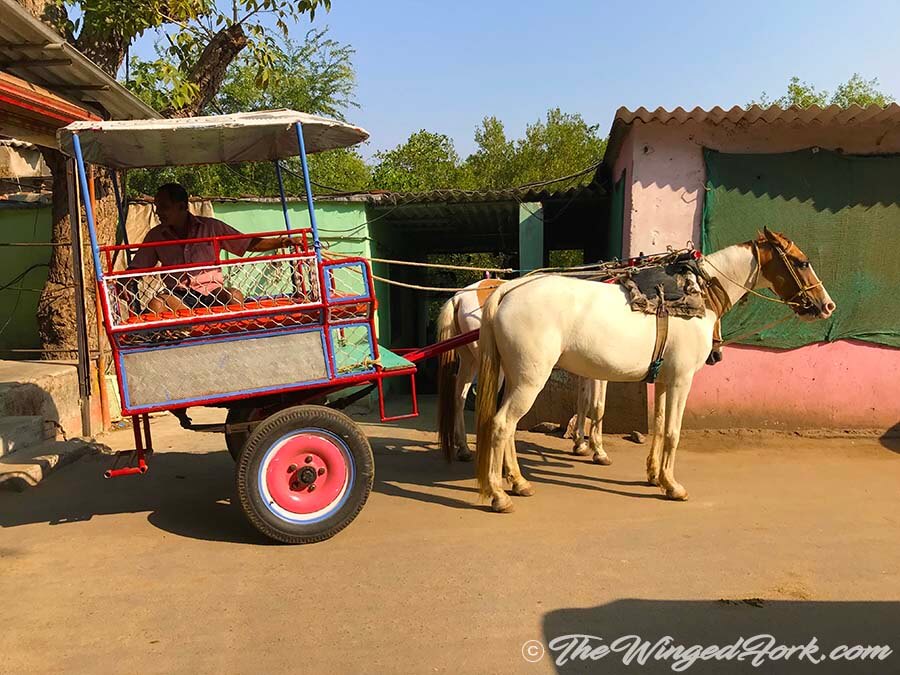
There are tongas (horse buggies) and ricks waiting on the other side. The share ricks are approx INR 20 per person to the church and INR 30 to the East Indian Museum. The tongas take INR 30 to the church and INR 50 to the East Indian Museum that’s located in Theresa Villa. And this is just one way. The return fare is double.
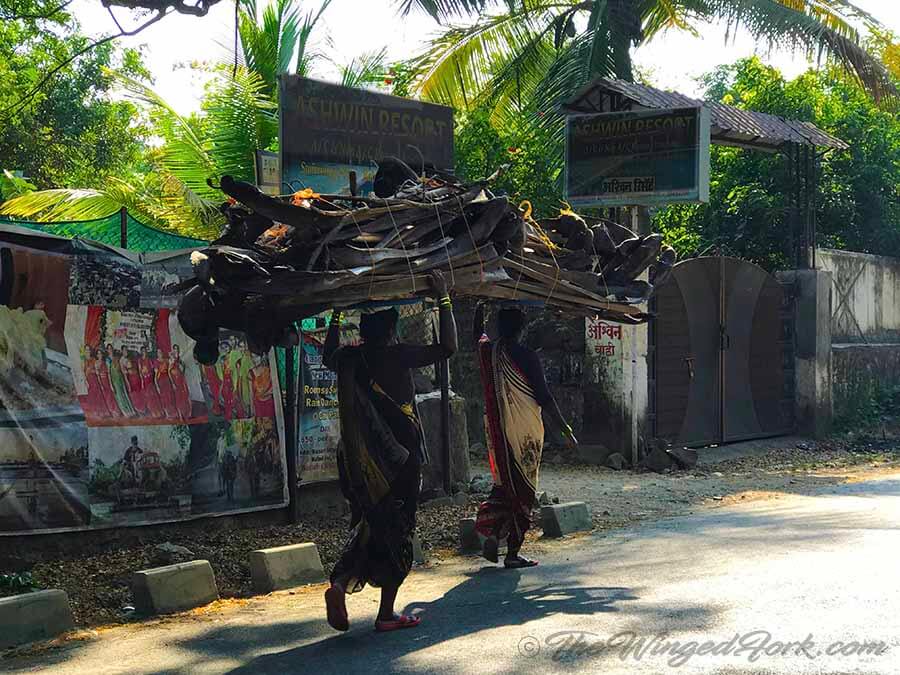
We pass a few local ladies carrying coconut sheaves. They’re so much stronger than us city people.
Outside the East Indian Museum
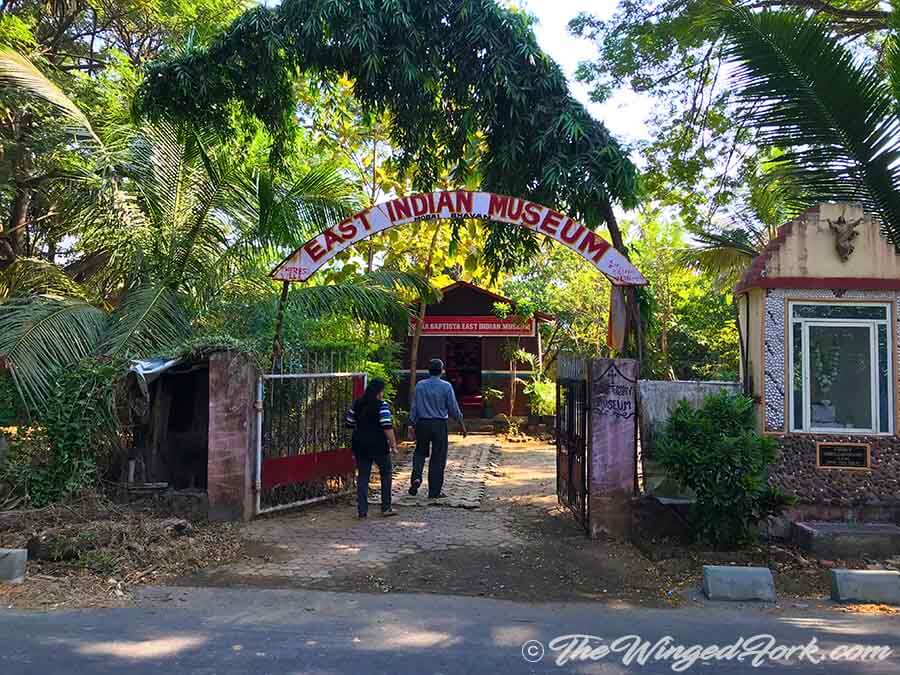
Finally at the Mobai Gaothan’s East Indian Museum, we see that it’s called the Kaka Baptista East Indian Museum in homage to Kaka. If you don’t know who Kaka Baptista was, you need to read more about it. He was a great East Indian lawyer and freedom fighter who defended Lokmanya Tilak. He’s also the one who really coined the term, ‘Swaraj is my birthright, and I shall have it.’
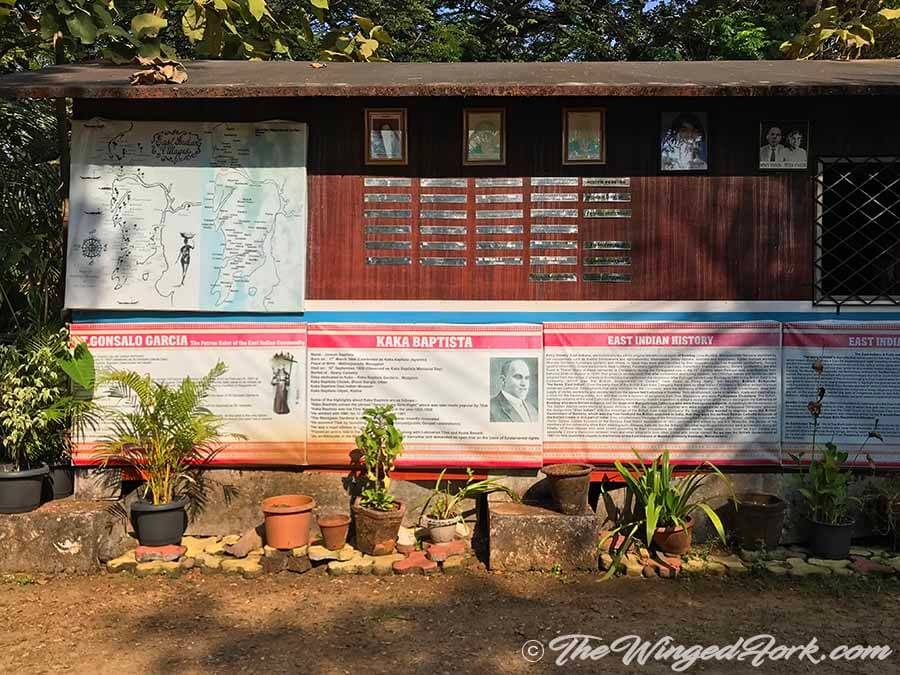
There’s a board that lists the famous East Indians and their stories.
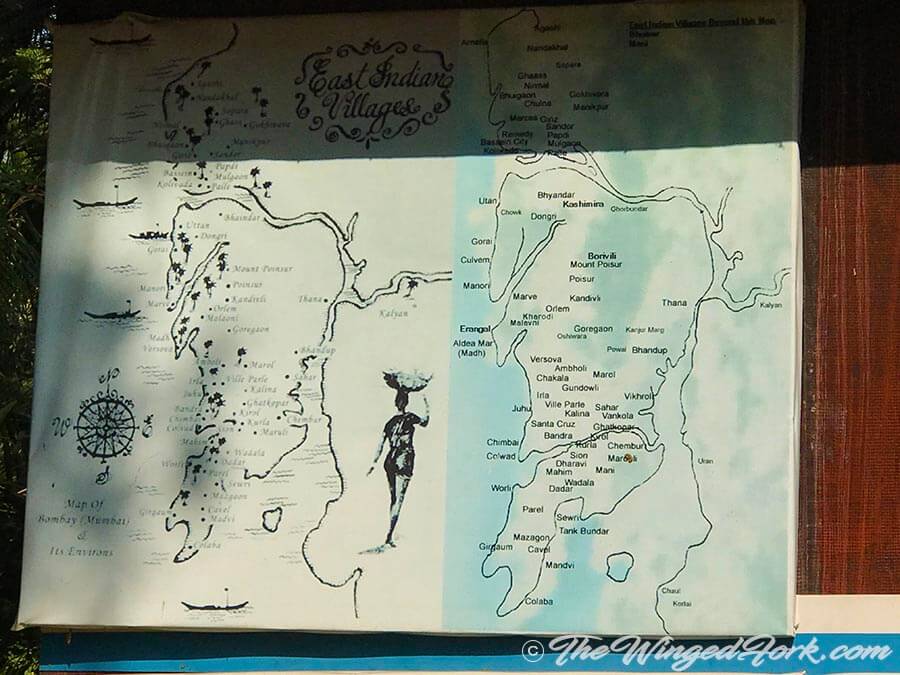
There’s also a map of the erstwhile and current East Indian villages.
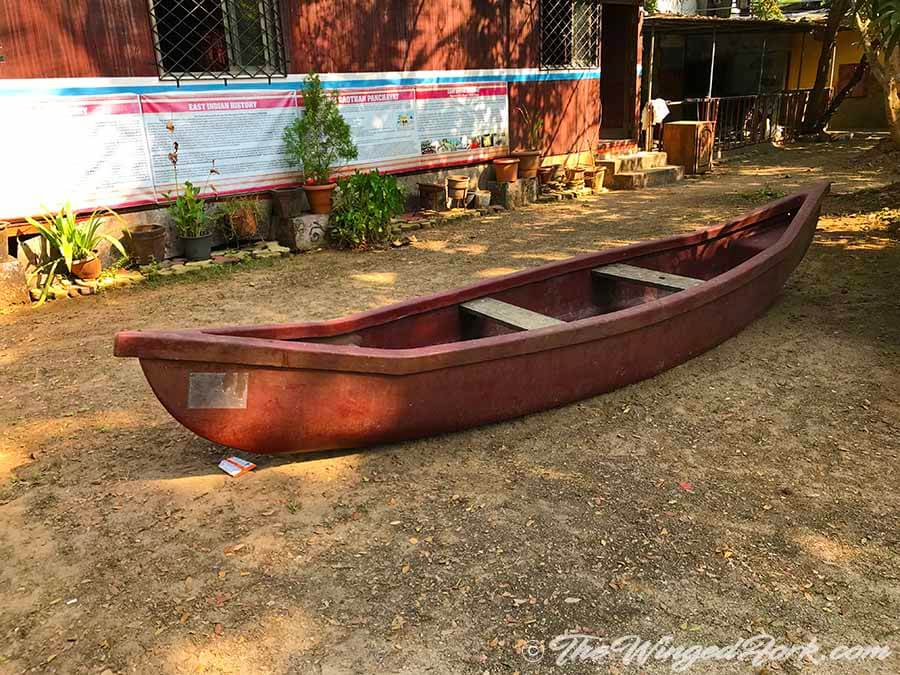
And in front of the board, an old fishing boat. The bigger ones were called balyav or machchwa. The book says the smaller ones are called hodi, sipil, sipur, toni, burakin, or sandaks. Dad calls them hori or nav. What were they called in your dialect?
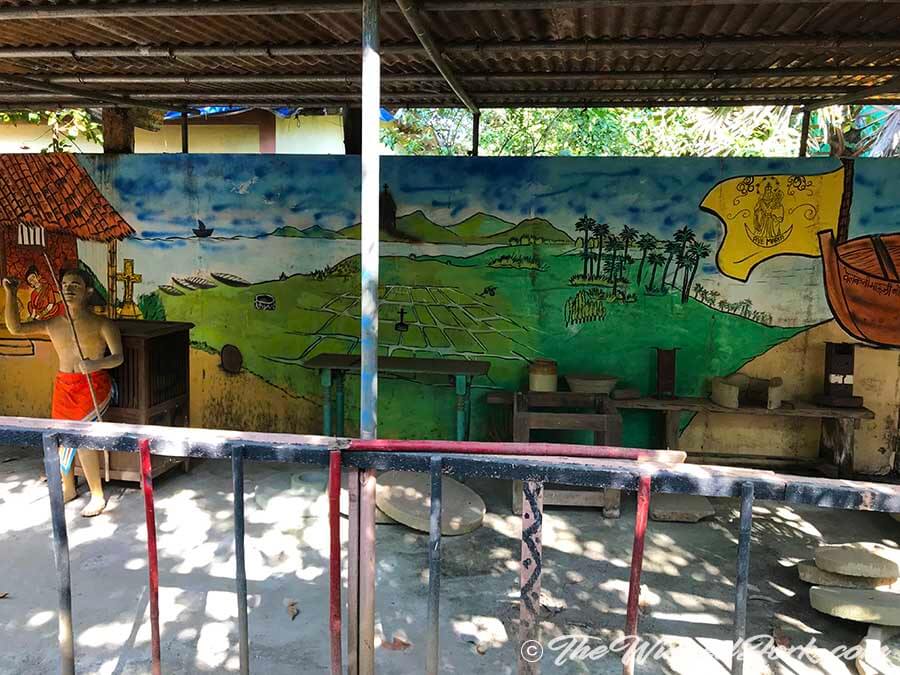
There’s a scene from the East Indian life with fields drawn in the background. So many of us would have still been farmers now had we not lost our lands.
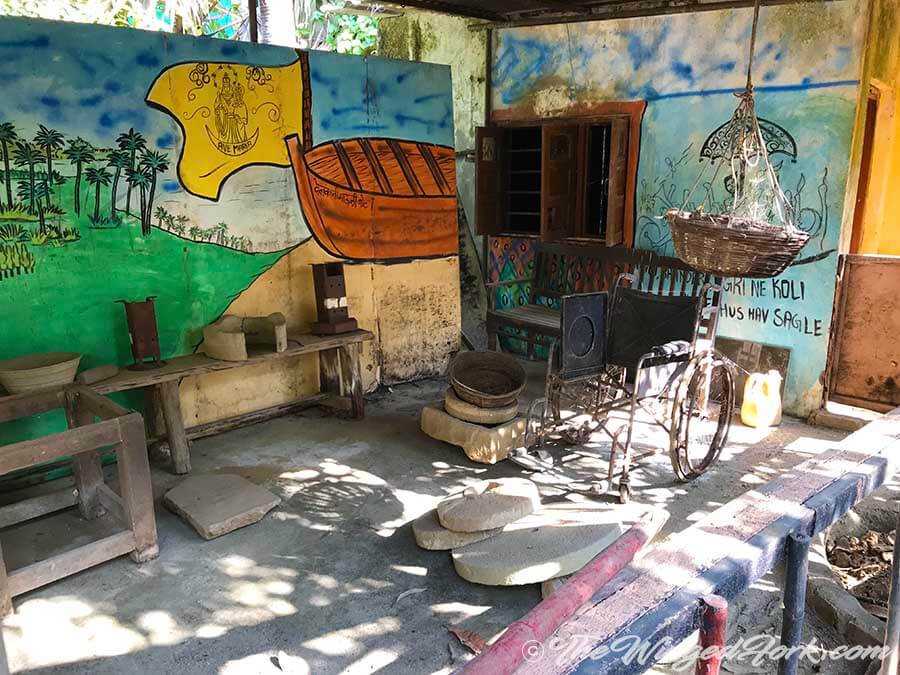
On the right of the scene are mill stones. And a wheelchair! I’m not sure what the wheelchair has to do with East Indian life. If you do, please tell me.
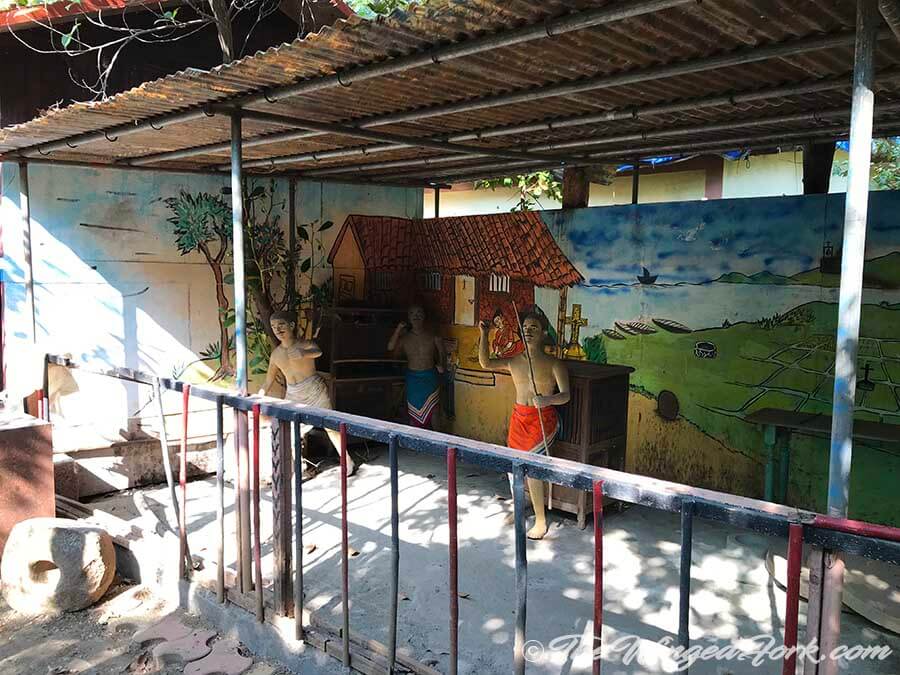
On the left side of the scene are a few fisherfolk or kohlis.
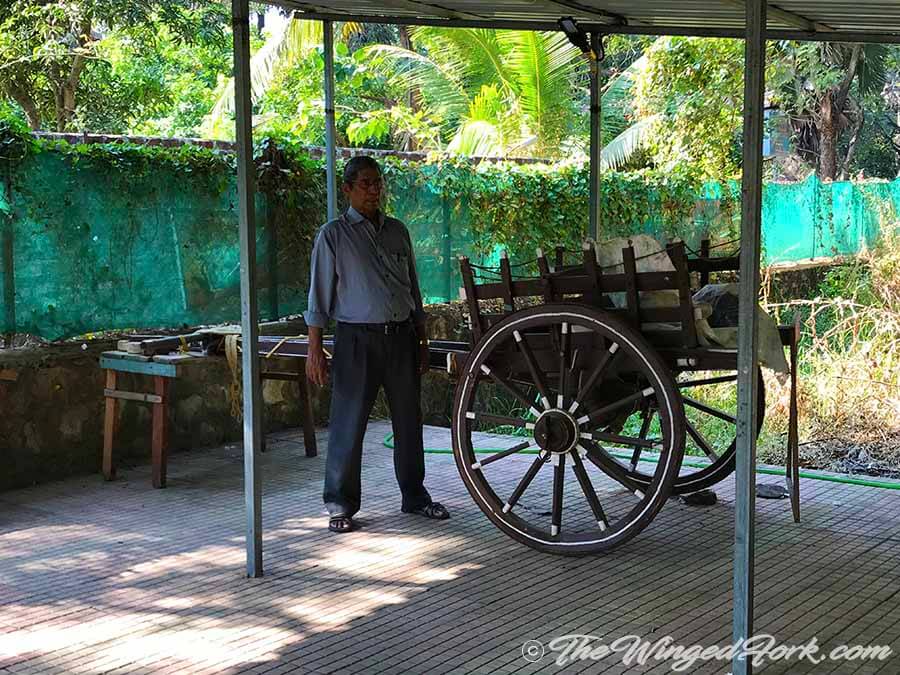
There’s also a cart carrying hay in the next compound. Brings back memories of riding in them when we were younger.
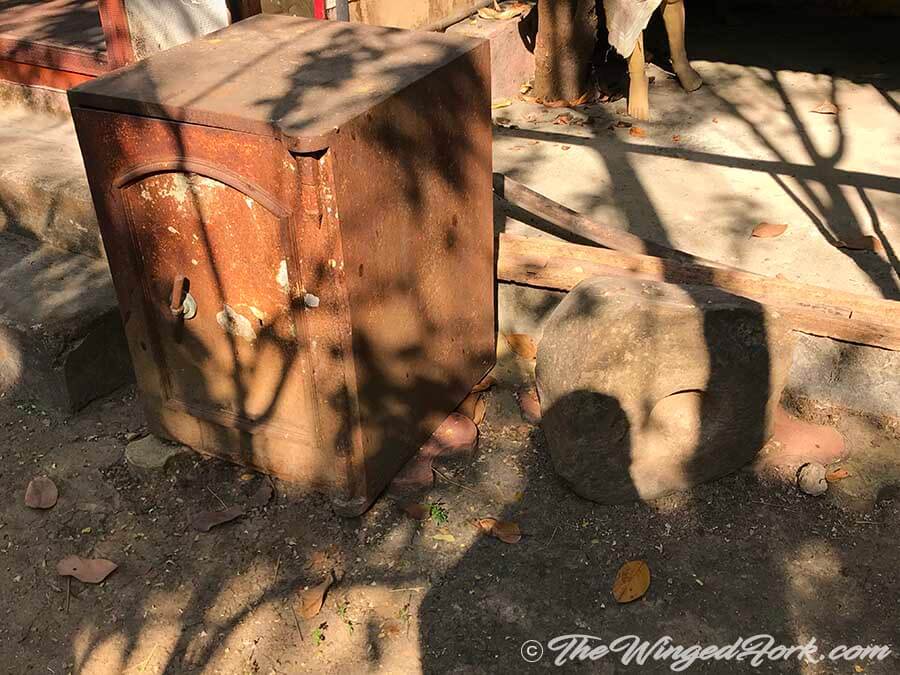
An old tijori or locker lies in the museum compound. Nowadays if you need to put stuff in a locker, you’d probably have to go to a bank. Right or wrong? Or is there something else about the lockers?
Maybe once upon a time, our people were so well off that the lockers were a necessity.
What you’ll see Inside the East Indian Museum
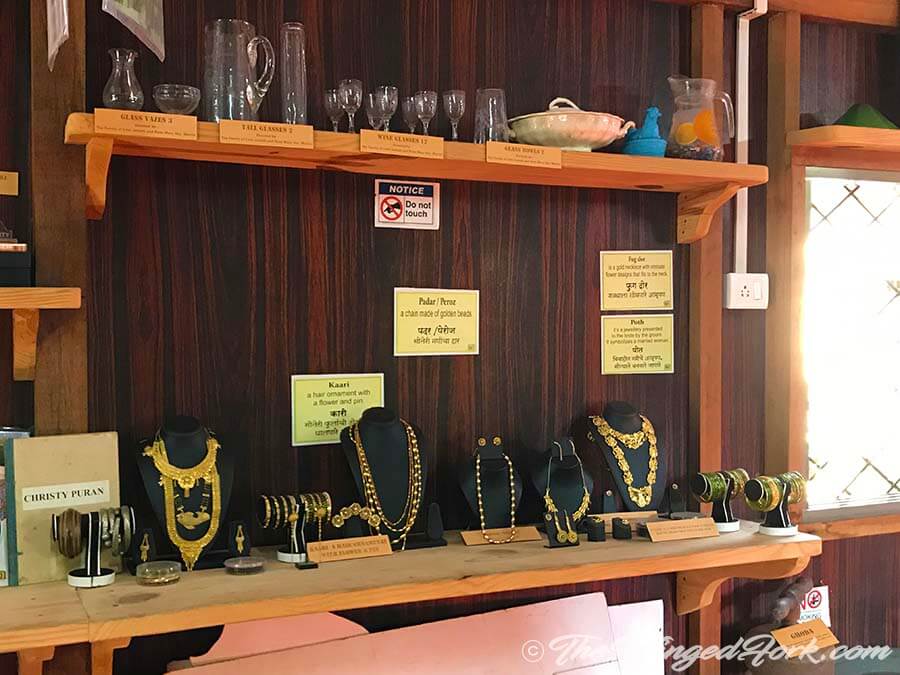
Talking about richness and gold, we did have or do have many traditional jewelry patterns, don’t we? And we’re just real Indians in that. We love our gold.
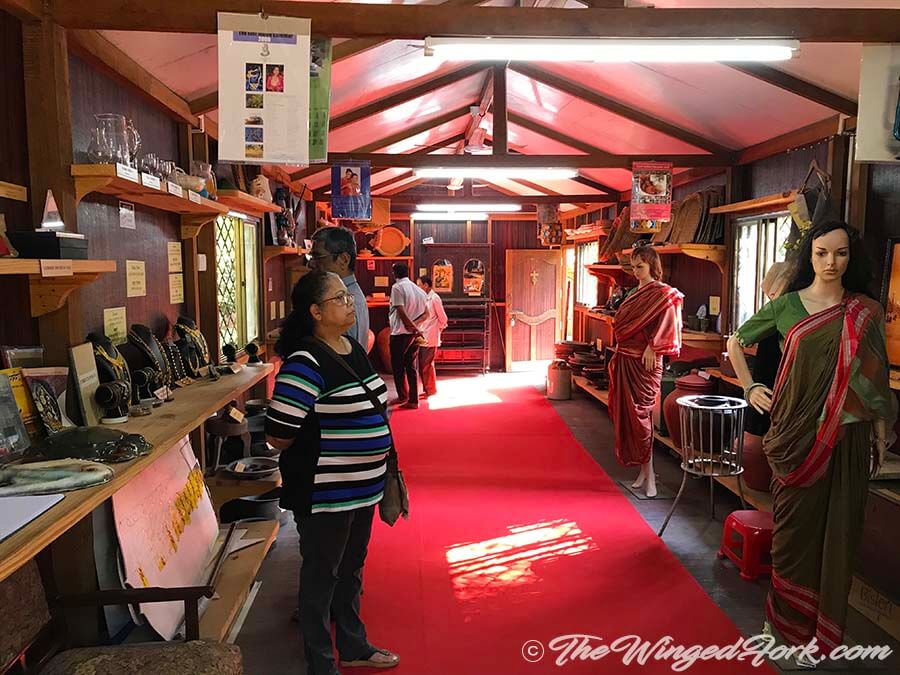
And our sarees. Our girls in lugras always shine. 🙂
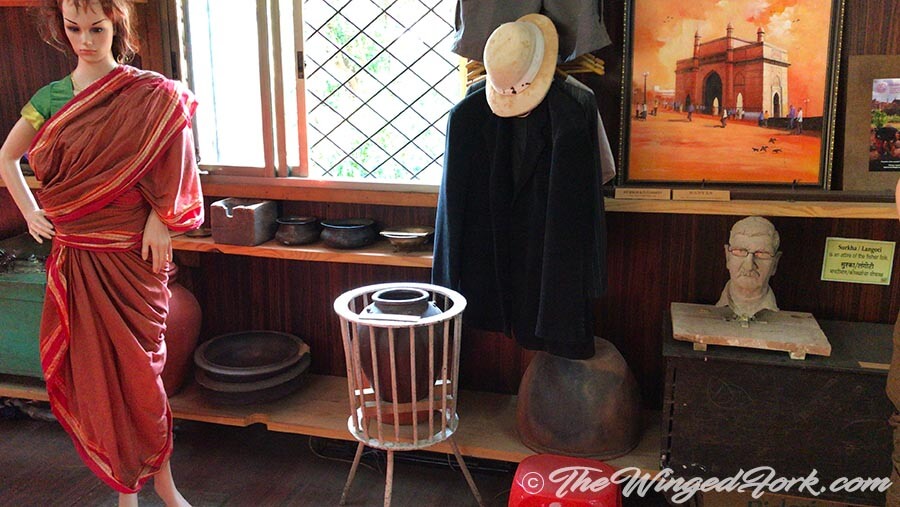
There’s a bust of someone, probably an East Indian of note. Who is he?
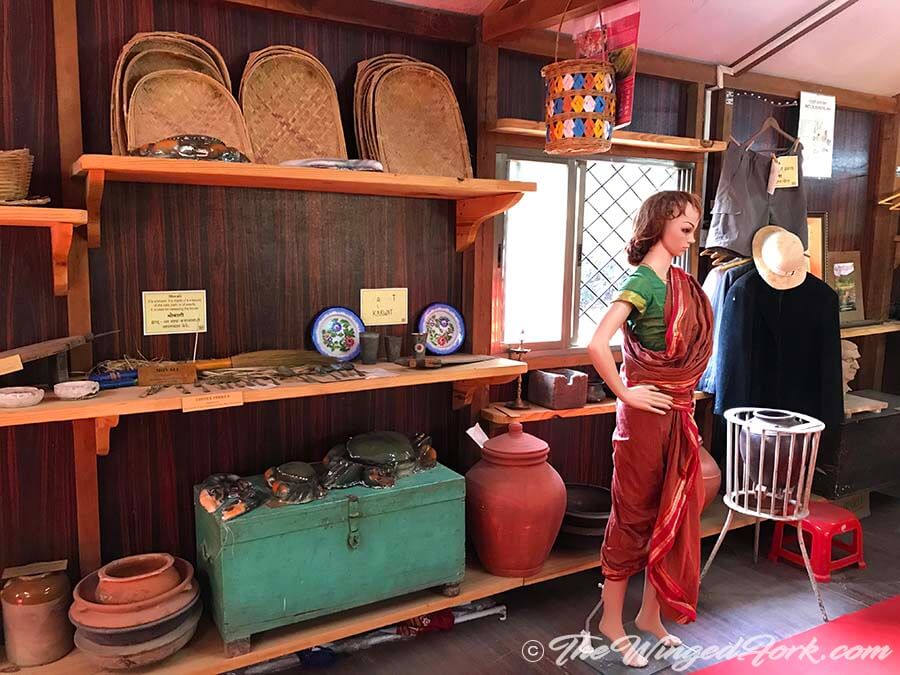
The soopli or hapda for winnowing aka cleaning rice and grains, or for resting the handbreads before baking. The movali, a soft broom used for sweeping and the bovatra, a broom made of coconut leaf ribs.
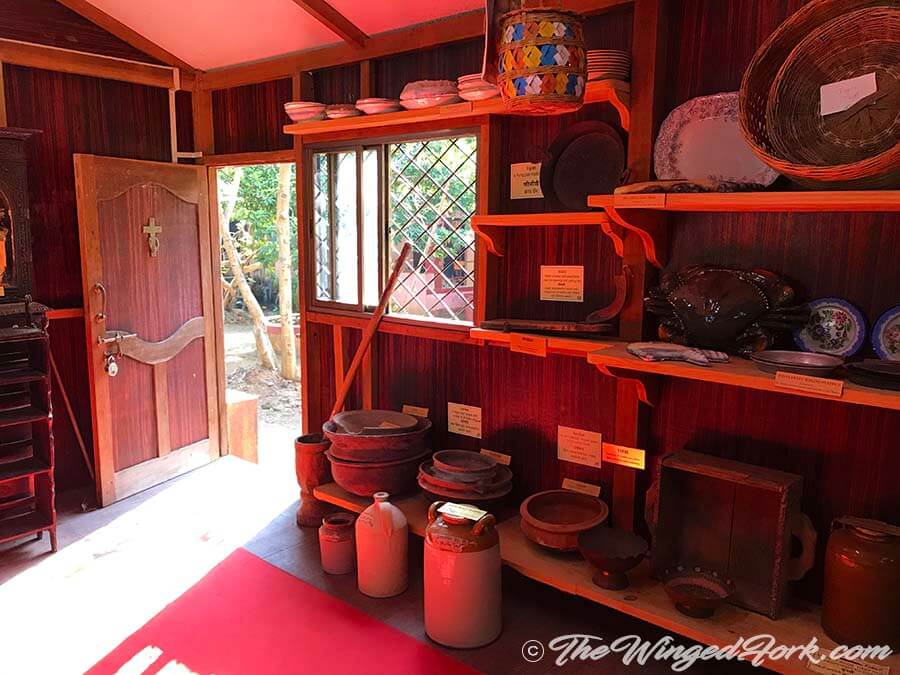
There are so many old household items that we still use in our kitchens here, tizals, barnis, sooplis, movalis, and more.
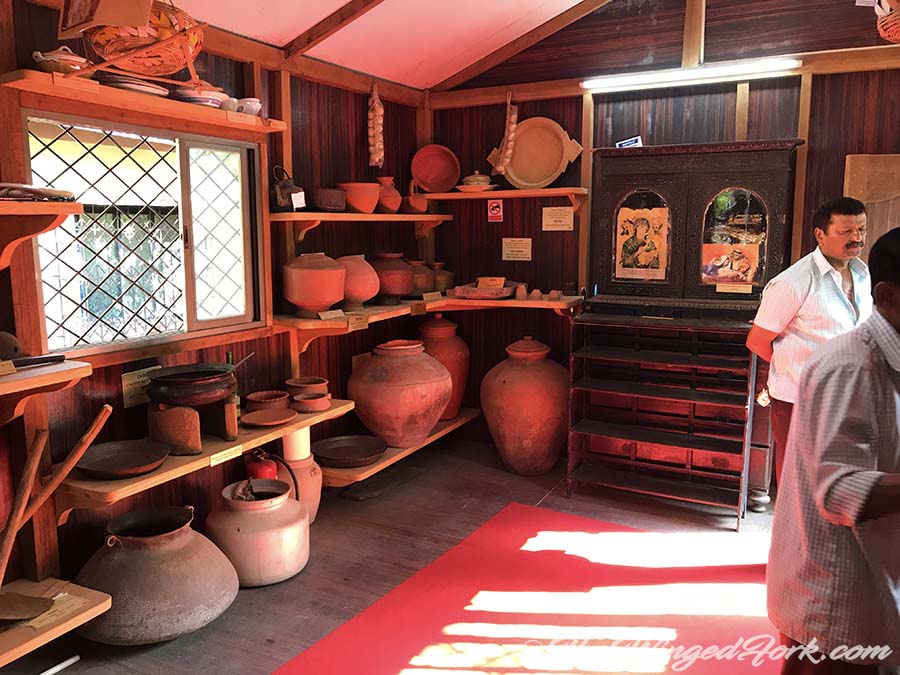
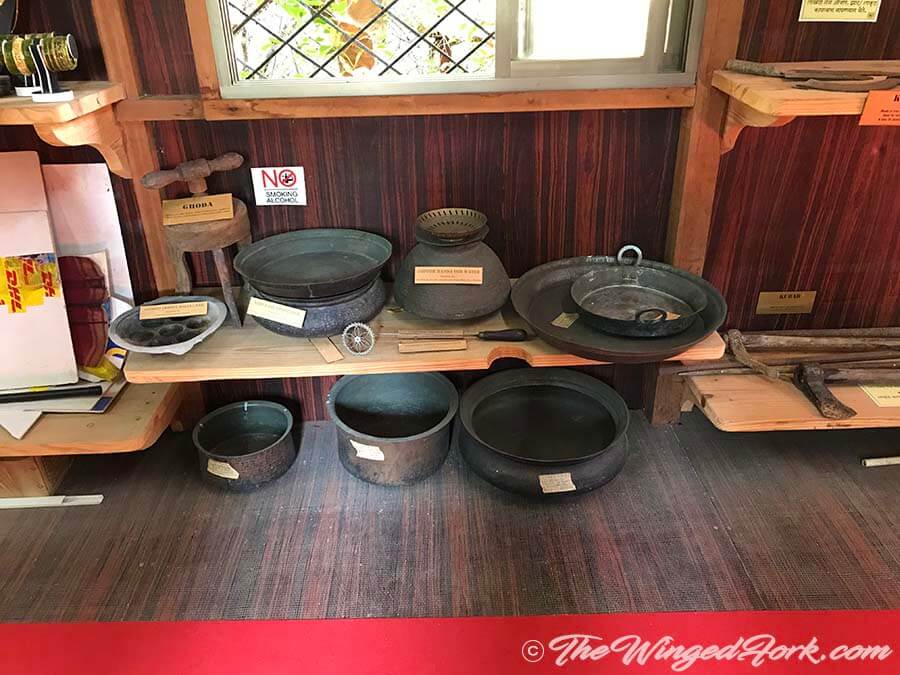
There’s a pot for making aitolas or honey balls too, and a ghoda right behind it.
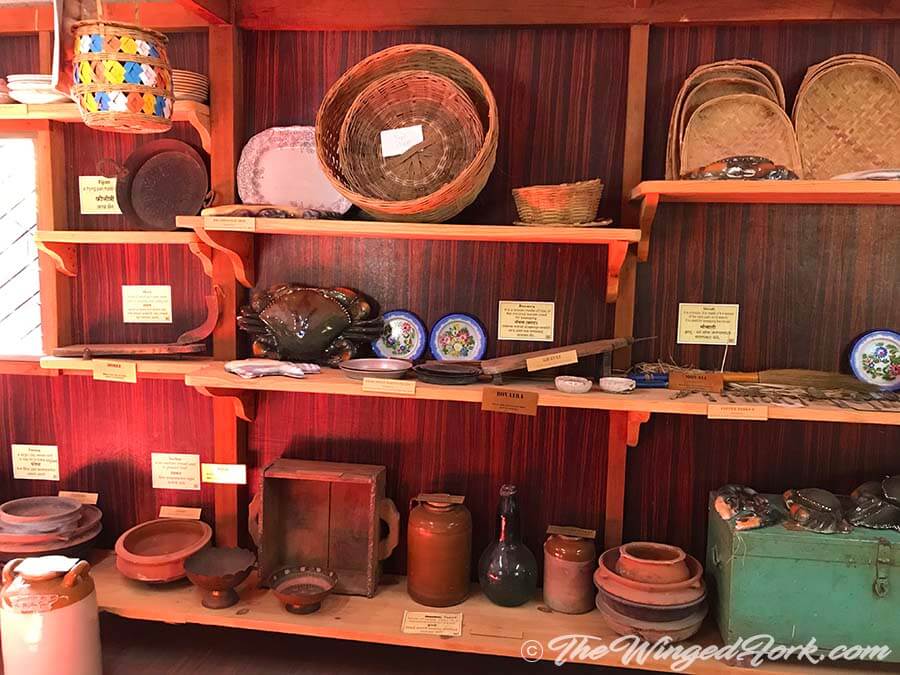
We even spotted a morli for cutting fish and meat. We didn’t see the version of the morli that’s also used for scraping coconut, aka the khavni.
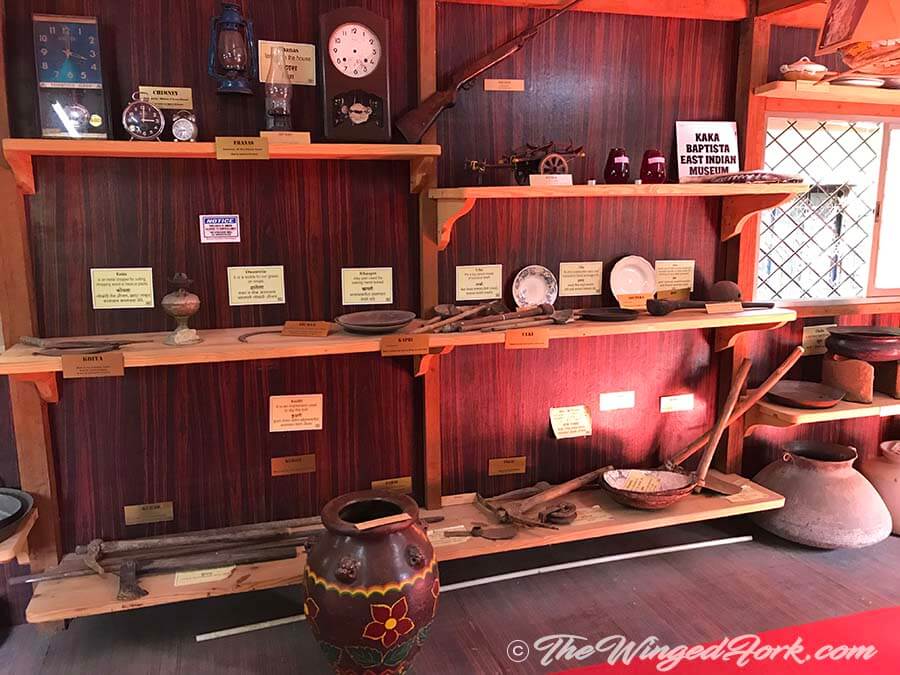
By the way, if you want our traditional East Indian recipes on hand, pick from any of the scrummy books in the Abby’s Plate Cookbook Series.
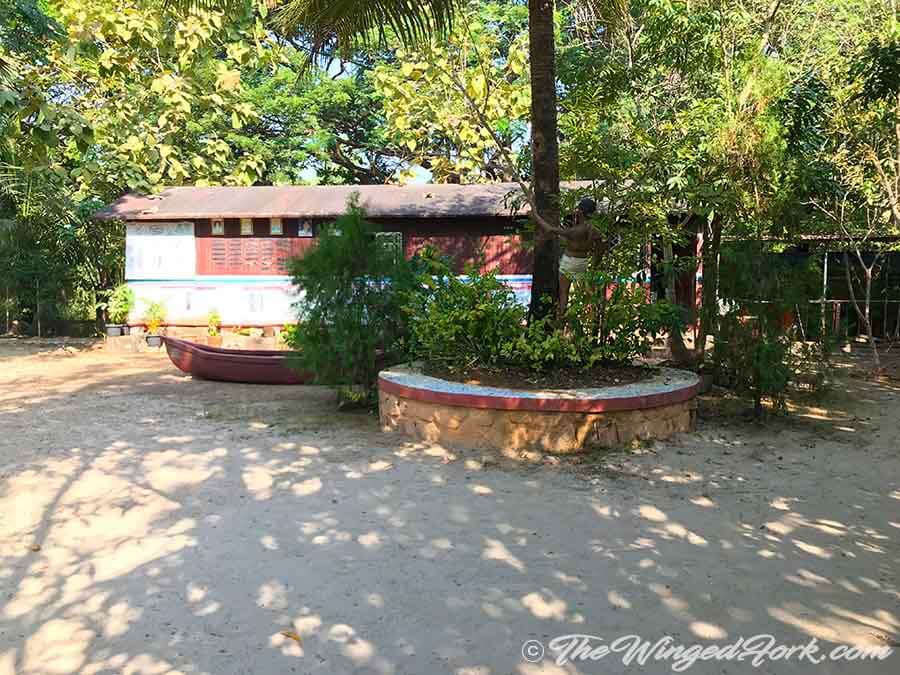
Outside the museum, on the other side of the boat there’s someone watching you in secret.
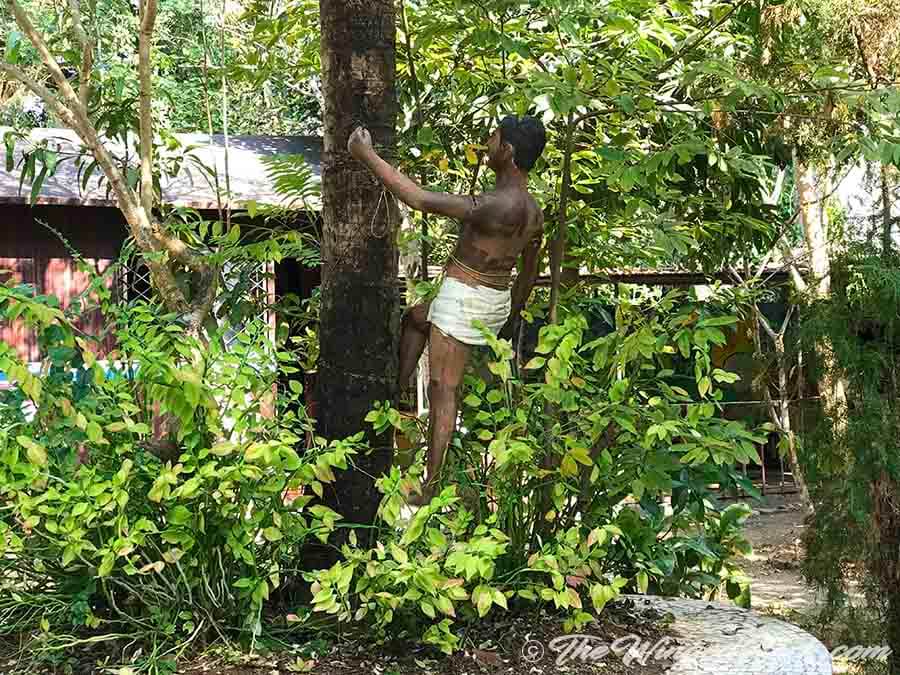
On closer inspection you see that he’s a replica of a toddy tapper, just getting ready to climb. 🙂
Our Lady of Perpetual Succour Church, Manori
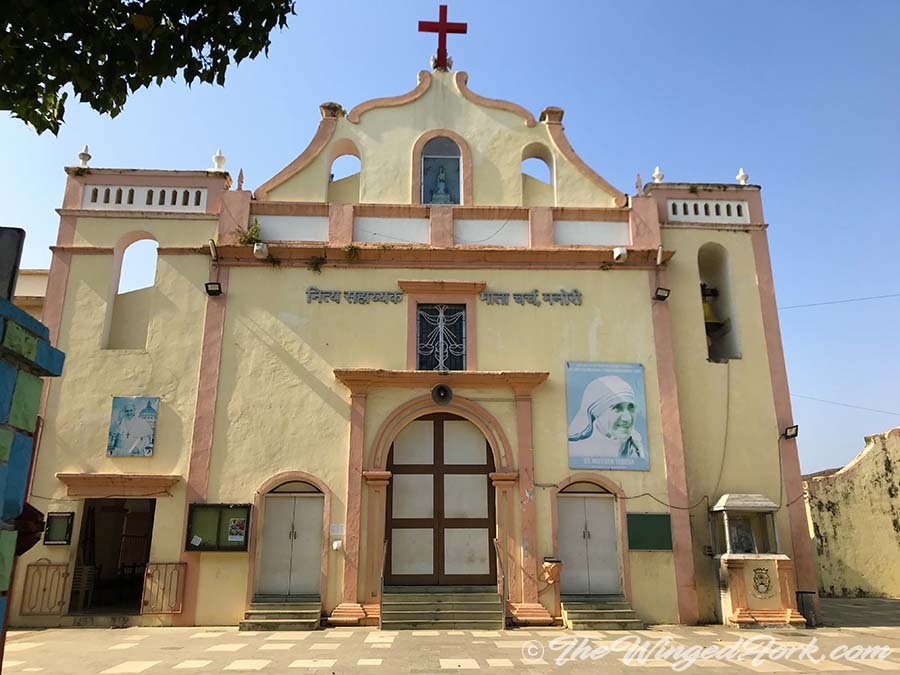
On the way back we stop at the Our Lady of Perpetual Succour Church, Manori like we’ve done so many times before. The children always search the names on the older graves and look for familiar ones.
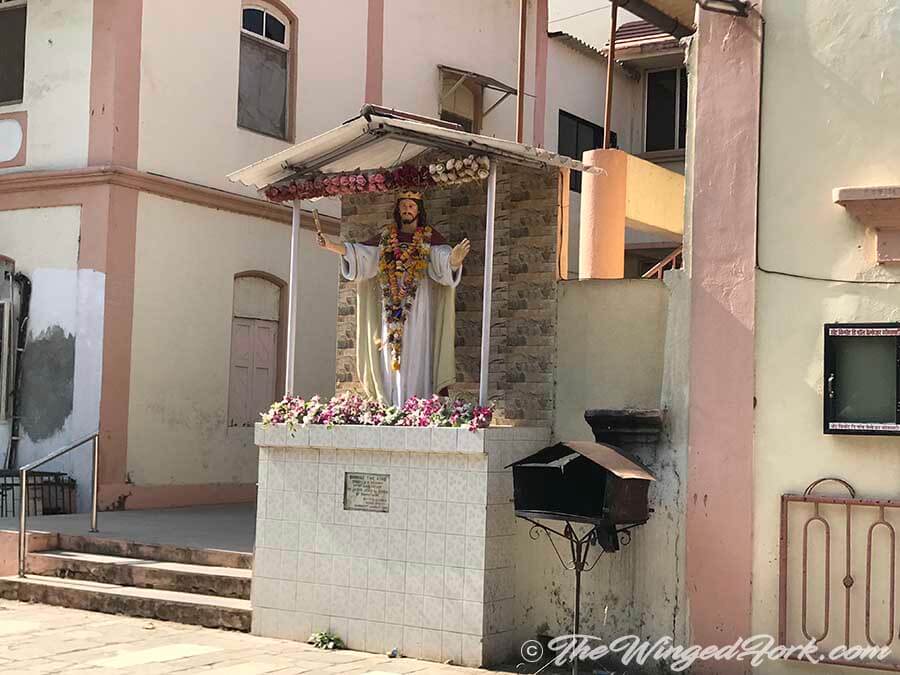
In the church yard, the statue of Christ the King is always there to bless us.
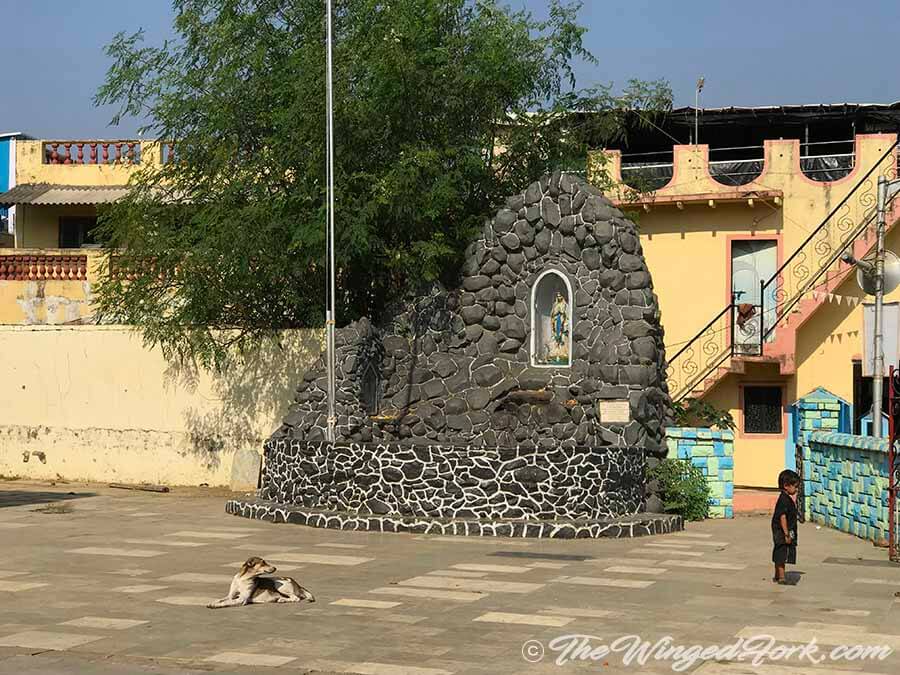
And there’s a lone child playing near the Grotto of Our Lady while a dog looks on.
Back at Manori Creek aka Malad Creek
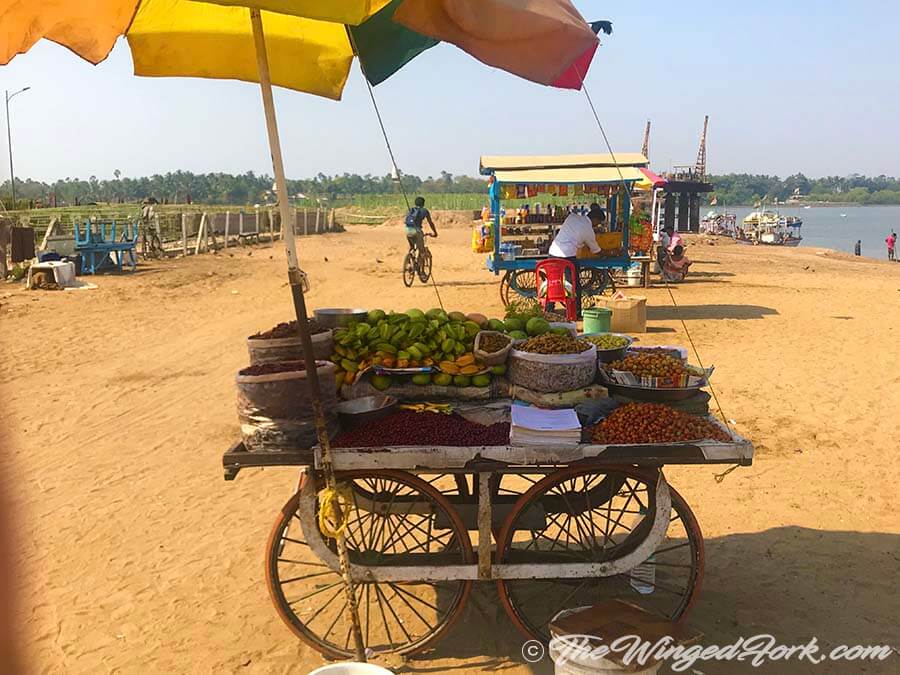
On the way back we have to stop for boras and star fruit like in our younger days.
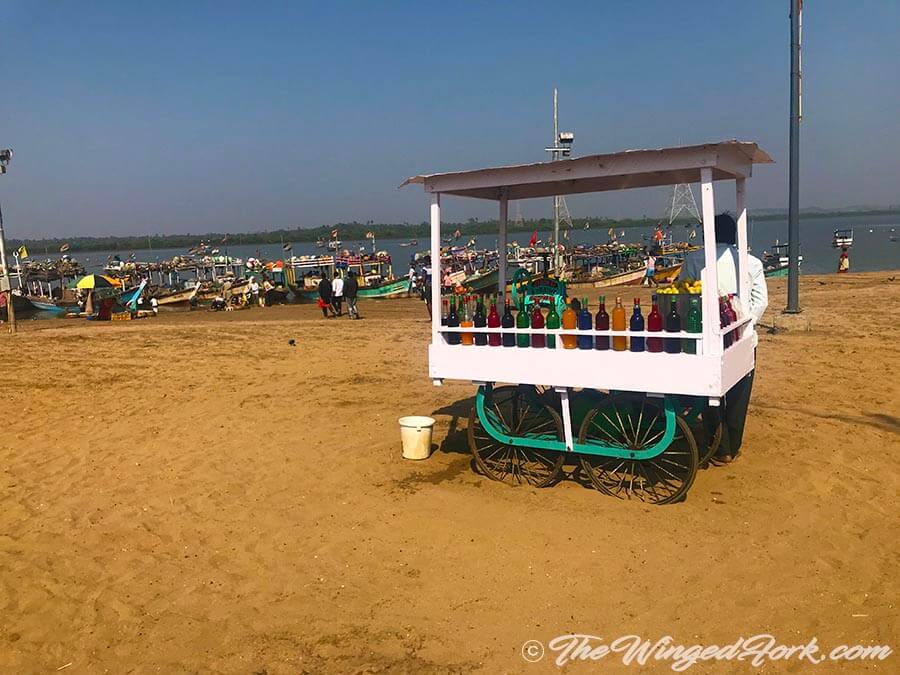
And see the golas, but not have them this once. 😉 We tried our best.
All in all, a morning of memories.
If you are planning on going to the East Indian Museum, it’s located at Theresa Villa in Manori. Most of the rickshaw drivers and tonga men know where it is. If you would like to call ahead before going there, you can reach Arun the caretaker at +91-7738591079.
Timings are 9.30 am to 12.30 pm and 2 pm to 5.00 pm
Note: This post was written with the help of my mom and dad. Pictures courtesy of my cousin Danroy who prefers to be called DFon.
Other Posts You Might Like
- About the indigenous East Indians of Mumbai
- Rejoice! Choice
- Life in Poinsur
- Asian churches to visit
- Support Abba’s people
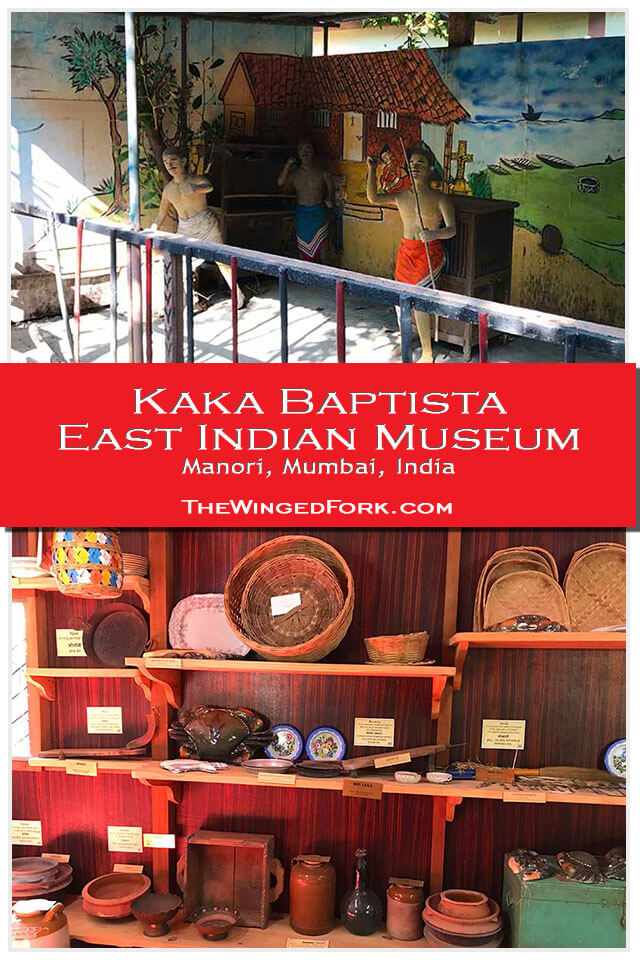
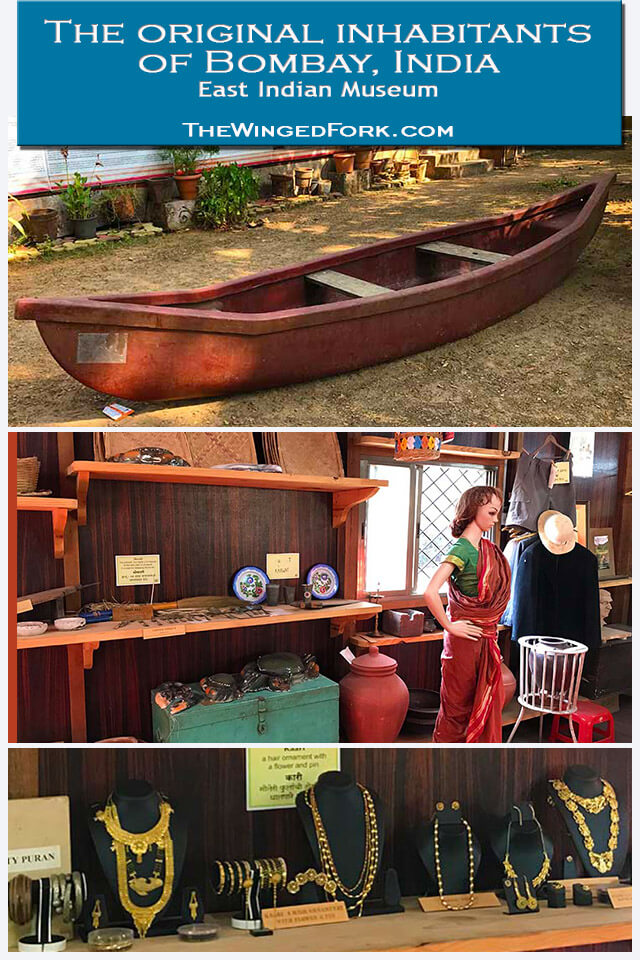
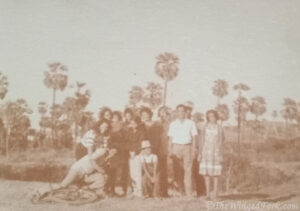
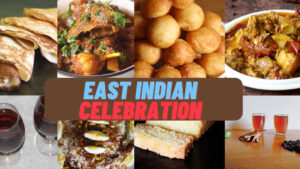


i am an eastindian and i realy love my child hood days…. i miss everything please keep me updated on the various events and if there is any Whatsapp Group please include me in the same…..
i want to be a pure eastindian and enjoy all of it.
mobile : – 9821161869
Keep me posted on your development. East Indian culture losing its sheen.